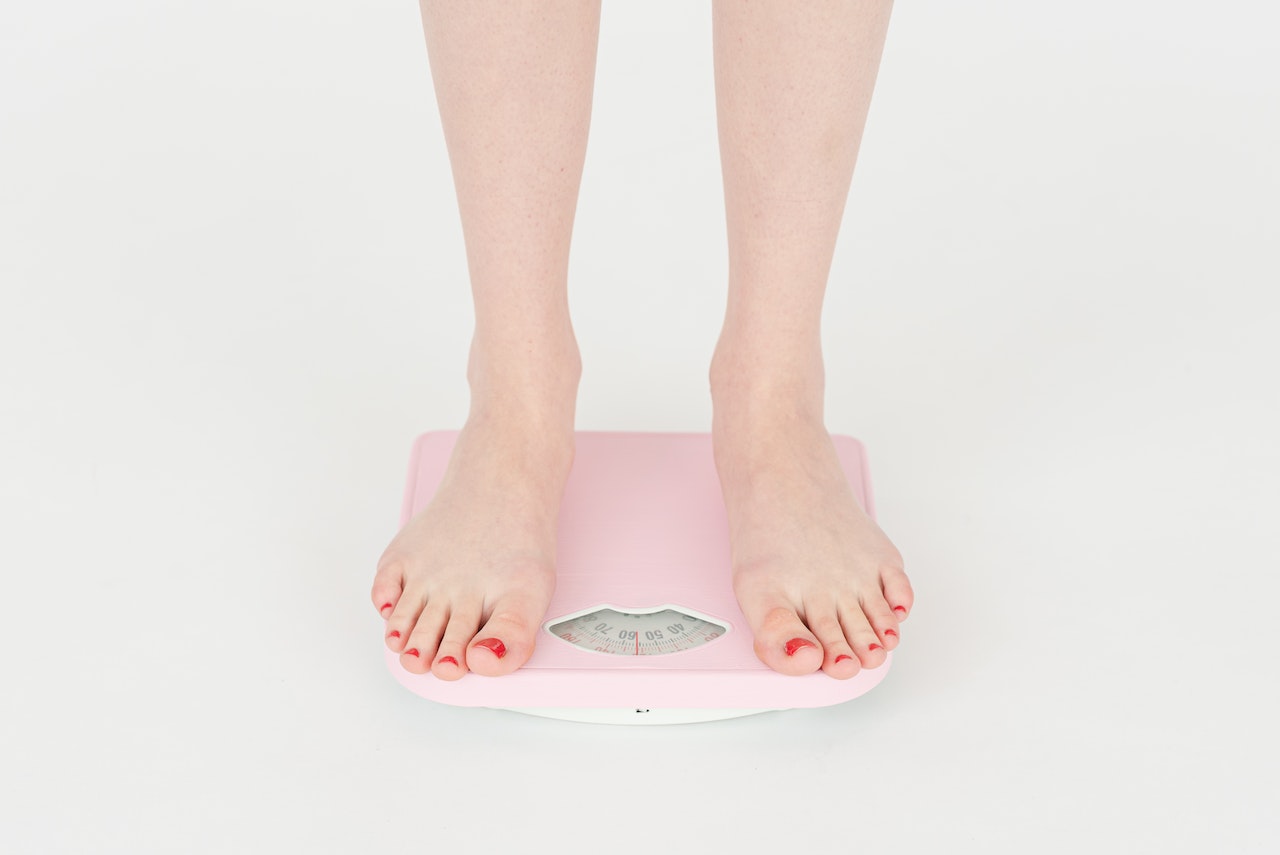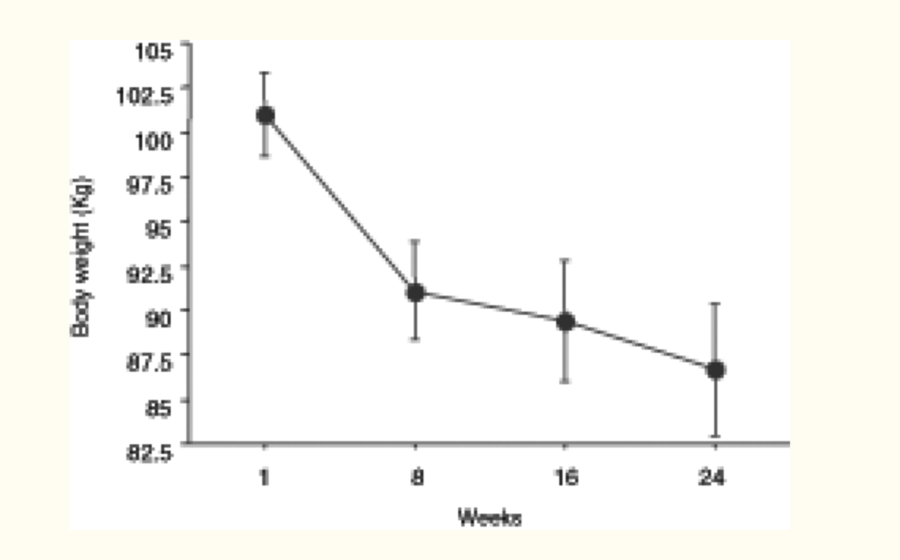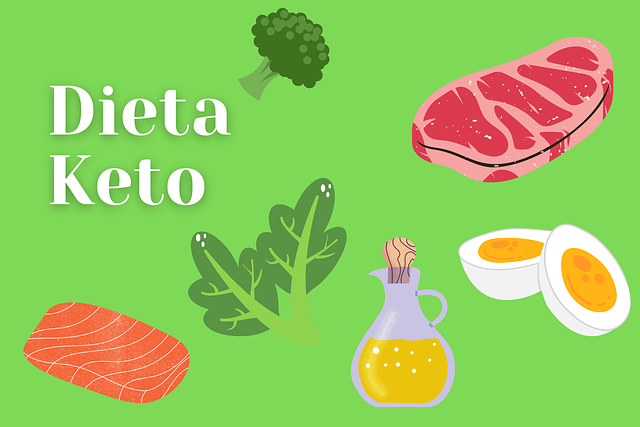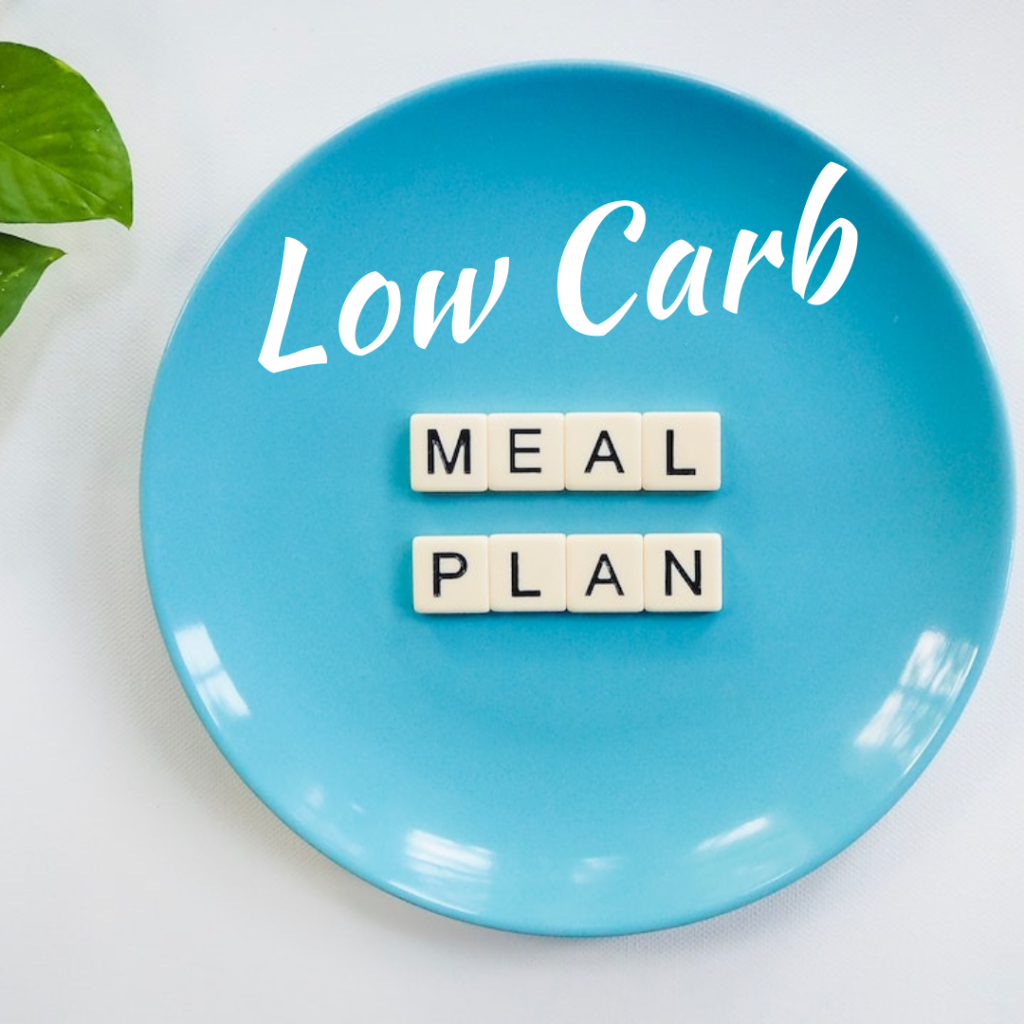The most divisive topic in weight loss has a lot of competitors.
What diet is the most successful?
And currently, a study on ketogenic diets reveals some fresh, intriguing information.
But does keto make you lose weight fast than other diets?

And first, a quick rundown of the principles behind ketogenic diets.
What is keto diet?
A very low carb, high fat diet, the ketogenic diet is similarly to the Atkins and low carb diets in many ways.
It entails significantly lowering carbohydrate intake and substituting fat for it. Your body enters a metabolic condition known as ketosis as a result of this carbohydrate restriction.
Such a diet involves swapping out carbohydrates for foods high in fat and protein, which, if followed for an extended length of time, may have negative effects on some people.
Consuming high-fat foods will likely increase your consumption of saturated fat. Which is currently recommended to be limited to 30g for men and 20g for women according to UK government guidelines.
If you have a renal ailment, it is assumed that eating a lot of protein will be problematic. However, the majority of ketogenic diets provide moderate doses of protein rather than high ones.
Does Keto Make You Lose Weight Fast

I have compiled various studies from different experts for you to answer this question.
Jason Ewoldt, RDN, LD, a wellness dietitian at Mayo Clinic
He replies "Yes" when asked about losing weight on keto. However, the body must go through two to three weeks of the diet before fat burning (ketosis) begins.
So, don't anticipate immediate outcomes. According to several research, following low- or very-low-carb ketogenic diets can aid in weight loss. A higher carbohydrate diet and a ketogenic diet have less of a difference over the long run.
Ewoldt adds a word of warning: "This diet is difficult to stick to since it is so restrictive. The typical person won't continue doing this for very long.
Additionally, it is not healthy because to the high levels of saturated fat and the lack of whole grains, fruits, and vegetables."
Dr. Mercola, Natural Health Advocate
The benefit of eating healthy fats was underlined in Dr. Mercola's book "Fat for Fuel" because they are the body's primary source of fuel.
Your body must be in nutritional ketosis for fat to be converted into energy.
The ketogenic diet, a nutritional strategy that emphasizes three essential points: high consumption of healthy fats, moderate intake of high-quality protein, and little to no carbohydrates, can help your body enter this condition.
The ketogenic diet is excellent for anyone looking to improve their health, not only those with obesity or chronic illnesses. This nutritional strategy can enhance your wellbeing in a variety of ways.
Kerry Torrens, nutritional therapist
From an evolutionary standpoint, ketosis is a typical adaptive reaction that helped people survive historical famines. Today, a number of low-carb diet plans have taken use of this physiological mechanism.
Therefore, ketogenic diets typically result in weight loss and may enhance insulin sensitivity in diabetes patients. In fact, a ketogenic diet seems to result in greater long-term weight loss when compared to a low-fat diet.
However, the long-term success depends on your capacity to modify your eating patterns once you begin to adopt a more balanced and healthy food philosophy.
Unlimited access!
Download our 21 Free Keto Recipes and get instant access to 14-Day Meal Plan, food list and more bonuses ...
Sharon Zarabi, RD, director of the bariatric program at Lenox Hill Hospital in New York City
The main advantage of the ketogenic diet, according to Ms. Zarabi, is that it actually causes weight loss.
But on the other hand, it is a diet, and like other diets, it is a temporary fix that you follow before stopping.
In actual life circumstances, it is not actually a sustainable diet. More significantly, losing weight is not your only objective; anyone can do it. To keep the weight off is the more important goal.
However, there are a number of drawbacks to the keto diet that should be taken into consideration by anyone wishing to adhere to it, according to Ms. Zarabi.
The keto diet actually has significant hazards. One reason is that it contains a lot of saturated fat, which has been associated with heart disease.
Constipation and vitamin deficiencies may also result from the keto diet's extreme deficit in fibrous foods such fruits, vegetables, and whole grains.
Since the keto diet puts stress on the liver, liver issues for individuals who already have them could perhaps get worse, and renal issues could also happen.
If you're thinking about trying the keto diet, find a qualified practitioner or a registered dietitian who has experience prescribing it and monitoring you to prevent any negative effects.
How long does it take to start losing weight on keto ... Read more...
Dr. Josh Axe, DC, DNM, CNS, is a doctor of chiropractic, certified doctor of natural medicine and clinical nutritionist
High-fat, low-carb diets can help reduce hunger and promote weight loss through their hormonal effects, therefore keto diet weight loss is a reality. We release less insulin when we eat fewer items that contain carbohydrates, as was previously mentioned.
Lower insulin levels allow the body to access its existing fat reserves for energy rather than storing excess energy as fat for later use.
Keto diets tend to be quite filling and high in healthy fats, which can help prevent overeating of empty calories, sweets, and junk food.
Since foods like sugary drinks, cookies, bread, cereals, ice cream or other desserts, and snack bars are off-limits, it's usually simple for people adopting a healthy low-carb diet to consume an acceptable number of calories, but not too many.
Dr. Anthony Gustin, DC, MS
Each person's physique is unique, thus each person's rate of weight loss will also vary. Four primary things can affect how well your keto diet works for you specifically:
- Your state of health
- Your Body's Composition
- Your Customs each Day
- Your Particular Period of Fat Adaptation
Consistency is another essential element of the keto diet. That entails consuming keto-friendly foods like wholesome fats, vegetables, and premium meats. Treat the keto diet for what it is—a change in lifestyle and metabolism, not just a diet.
Do you need more keto recipes? Read our articles with easy keto desserts and keto dinners right now ...
Kevin Hall, National Institutes of Health’s
There are two ways a ketogenic diet may help with weight loss.
Following some research, Hall made a point to draw attention to the fact that, on the ketogenic diet, intake dropped by 300 calories per day in the second week, probably as a result of the satiety effect beginning to take effect.
The keto diet was certainly a little more satiating, according to a 2015 meta-analysis of research comparing satiety on the keto diet to other diets. And according to Hall, some participants in studies of fasting report not feeling hungry, which is consistent with the idea that being in ketosis decreases hunger.
Hall has also studied how consuming a ketogenic diet increases your energy expenditure. He discovered in a study that the keto diet raised energy expenditure by 57 calories per day without causing fat loss.
Therefore, ketogenic diets may at least partially reduce appetite and may even increase calorie expenditure. In the end, these two factors result in weight loss.
More Studies
According to studies, following a ketogenic diet can help you lose weight.
- In one study, obese participants lost 13.6 kg (30 pounds) after just two months on the ketogenic diet, and at the end of the study, more than 88% of participants had lost more than 10% of their starting weight. It was essentially unaffected by lean mass. 3.5 pounds of pure fat per week, to be exact.
- Another study discovered that after 8 weeks, obese people weighing 101 kg lost 10 kg (22 pounds). By weeks 16 and 24, they had dropped an additional 2 kg (4.4 pounds) and 3 kg (6.6 pounds), respectively. They shed 15 kg (33 pounds) altogether in 5.5 months. That equals 1.3 pounds each week.
- In next study, 108 kg individuals with type 2 diabetes and obesity lost 11.1 kg (24.5 pounds) in 24 weeks. That equals one pound per week.
- A fourth trial showed that 9.4 kg (20.7 pounds) of fat mass was reduced in 24 weeks among 120 overweight, hyperlipidemic patients. This amounts to 0.8 pounds every week.
- Patients consistently lost more weight on the ketogenic diet than on a low-fat diet, according to a meta-analysis that combined data from 13 independent research.

The length of the keto diet, the amount of weight you need to reduce, and your health status all affect how much weight you lose.
What are the ketogenic diet's long-term effects?
The ketosis-related symptoms are frequently transient and may be related to dehydration. These could include nausea, tiredness, dry mouth, and headaches.
However, it's important to keep in mind that the diet tends to be low in dietary fiber because it restricts carbohydrates, which could have a negative effect on gut health, including the amount of gut-friendly bacteria.
But if want to try the keto diet to hasten weight loss, go for more nutritious sources of fat and protein such olive oil, avocados, and nuts (almonds, walnuts).
Also you have to be sure to eat plenty of gut-friendly foods like leafy greens, fermented vegetables, and specific fats like butter, which contains butyric acid, a short-chain fatty acid that is beneficial to the gut.
However, after a few weeks, go to a low-calorie Mediterranean diet and start your exercises. Long-term weight reduction management will be made easier thanks to this.
How to start youк day right on Keto Diet? ... Grab these beast breakfast recipes...
Final Comments
Can you losing weight on keto?
Yes!
Even a ketogenic diet for beginners will result in rapid and dependable weight loss since it lowers insulin levels and forces the body to burn fat stores for energy.
Please note: Before beginning any diet, please check with your doctor to make sure there are no risks to your health.
Your New Keto Secret Tools
Subscribe today and get access to Best Keto Library



